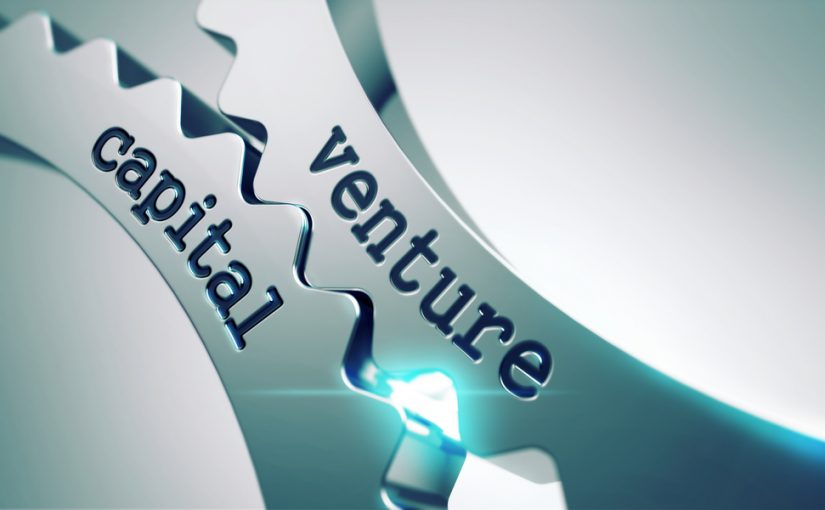Venture investments are high-risk investments in technology projects and start-ups. The task of a venture investor is to buy a small share from a promising startup at the very beginning of the journey and sell it to the next investor or corporation when this share in the startup costs several times more. Here is about main points of the VC cycle.
What about venture capital deals?
Although these are high-risk investments, the fund’s processes for finding and analyzing projects are built according to a clear pattern. The fund is limited by obligations to partners, therefore it must minimize risks and select projects for investment especially carefully.
The whole process of working with startups in the fund can be divided into 5 main stages:
- search for deals (Deal Sourcing/Scouting);
- primary screening (Screening);
- in-depth comprehensive analysis of the project (Due Diligence);
- the investment committee, which makes the final decision whether to invest or not;
- work with portfolio companies (Portfolio Management): assistance in growth, the attraction of further investments, search for useful contacts.
For startups at a very early stage, the first two points are especially interesting. After all, it is they who answer the question of how to get on the radar of a venture fund and what needs to be done so that your presentation is not immediately sent to the trash can.
What is the venture capital fund life cycle?
The investment cycle of a venture investor usually lasts 3-10 years. It takes him three to five years to make sure the investment is viable, and five to ten years to make a return on investment. The venture investor hopes that during this time the innovative firm will be able to significantly increase its turnover and profits from the commercialization of innovations.
There are the following stages of the venture capital fund life cycle:
- At the first stage of venture financing, investors raise funds. Also at this stage, projects are selected and evaluated for implementation, which is an important prerequisite for the financial success of a venture investor, as three of the ten companies invested are unsuccessful, three generate moderate returns, three are highly profitable and only one is over
- In the second stage, a team is formed. It is important for the fund that economic and technical competencies are closed in the project. All world experience says that without this there will be no successful growth and development. The team should be based on the developer responsible for all technical issues, designer, and promoter (responsible for sales)
- Due diligence in the next and the most important stage. When carrying out the pre-investment analysis procedure, aspects should be investigated, which can conditionally be divided into those that determine the success of the business, and those that may threaten the investor’s claims to receive a share of the income in the event of the company’s success. Besides, to make this procedure simpler and more transparent, virtual data room collaborative software should be used.
- Signing legal documents about the deal. A complete set of contracts for venture investment usually consists of the following contracts: Shareholder’s agreement, Stock Purchase Agreement, Investors’ Rights Agreement, Voting Agreement, Company’s Charter.
- Formation of the board of directors. Investors usually demand the right to appoint their representative to the company’s board of directors. Companies in the early stages of development typically have a board of directors with three or five members.

